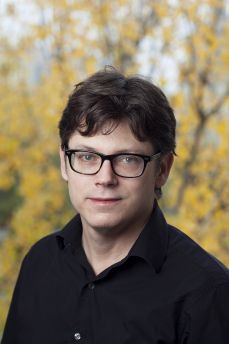Charles Walton

dates de séjour
discipline
Fonction d’origine
Institution d’origine
pays d'origine
projet de recherche
From Eden to Terror: Reciprocity, Redistribution and the French Revolution
My research project offers new answers to the old question: Why did the French Revolution radicalize after 1789? My approach emphasizes the politics of interests . Prior interpretations, which stress circumstances, counterrevolution or political ideology, leave little room for the role of interests. Drawing on the anthropological concepts of redistribution and reciprocity, I show how commitments to economic liberalism, before and during the Revolution, radicalized politics. As Karl Polanyi noted in The Great Transformation (1944), the more authorities try to evacuate material demands from politics, the more those demands storm back into politics with a vengeance. Although he did not apply this insight to the French Revolution, it helps us understand the political dynamics of the late 1780s and early 1790s. The failure to meet redistributive demands for rents (interest on the public debt) and for bread (due to commitments to free-markets) weakened the ability of each successive regime to command allegiances. As redistribution dried up at the top, it exploded in radicalized form at the level of local politics (1792-1794).
biographie
Charles Walton is a member and former Director of the Eighteenth Century Centre at the University of Warwick. He obtained his BA at the University of California, Berkeley, and his PhD at Princeton University. Before joining the History Department at Warwick, he taught at Yale University, the University of Oklahoma (Norman) and Sciences Po (Paris). His research focuses on Ancien Regime, Enlightenment and Revolutionary France, with emphases on democratization, rights and duties, political economy and socio-economic justice. He held a fellowship at the Institut d'Études Avancées (Paris) in Paris for the academic year 2015-16. His prize-winning book, Policing Public Opinion in the French Revolution: the Culture of Calumny and the Problem of Free Speech (2009, paperback 2011), explores the themes of honour, public opinion and political violence. It shows how freedom of expression became a contentious, radicalizing issue before and during the Revolution. He has edited a collection of essays in honour of Robert Darnton on print culture and the Enlightenment, Into Print: Limits and Legacies of the Enlightenment (2011).










